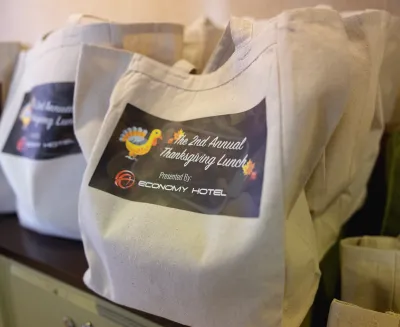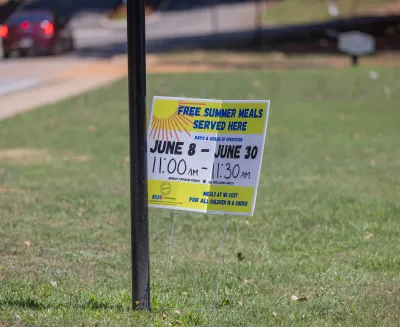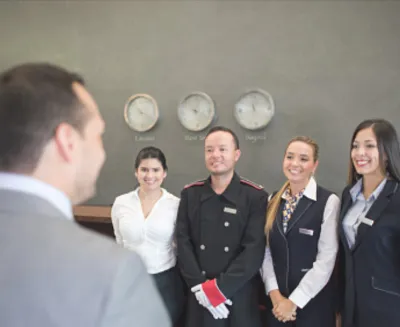CEO at Stablegold Hospitality, a real estate investment firm
Beyond a shadow of a doubt, COVID-19 has brought the American (and global) economy to its knees. The International Monetary Fund, for example, is projecting a global growth rate of -3% for the remainder of this year, describing this recession as "a crisis like no other." Yet even though we've been hit by a pandemic the size of a tidal wave, I'm convinced we can find pearls in seashells once the wave settles ashore.
I say this now as the CEO of a real estate investment firm that targets steady investments for steady returns. At one point, however, I was an entrepreneur, struggling to find a niche in the landscape I was in. For the benefit of all new and existing business owners who will need to find a way to reinvent the wheel, I'd like to share a few of the lessons I learned from that time because they're highly relevant to the situation many of us now find ourselves in. Here's the main takeaway: Don't go at it alone.
Indisputably, the first thing that survivors of any catastrophe have to do, as soon as the chaos dies down, is to find good company. From the perspective of a real estate investor, I've found this works best in the form of a mastermind group, a concept first popularized by Napoleon Hill. It can be applied to almost any industry.
As human beings, we've been working together to help each other achieve common goals since the beginning of time. A mastermind group, however, is more structured and has a defined purpose. Certain tactics are used to ensure everyone in the group truly is there for the right reasons: to succeed in achieving their goals and, with the same vigor, help others reach their aspirations.
The group needs a strong leader to ensure others stay the course. Often, a good leader is someone who initiates the group and has a stake in its success.
It's also important to think strategically about who you want to invite to the group. It should be made up of individuals from different professions who aren't competing with each other and can, therefore, work toward a common purpose. For example, as a real estate investor, I'd want to ensure my group had a property manager, accountant, mortgage broker, real estate lawyer and others who have relevant expertise for the real estate industry.
Select people who everyone can trust. Participants may share some of their most challenging issues at these meetings, so confidentiality is vital. They also have to be reliable enough to participate on a regular basis and contribute meaningful feedback. Choose carefully. Not everyone wants to be held accountable.
One thing that will help keep the group engaged and committed is if you, as the initiator, provide a clear structure and vision. Once the group knows what their primary goals are and can agree on a frequency, time and place, you'll need to set the agenda. Personally, I prefer to use a 10/40/10 timer:
• The first 10 minutes are for every participant to share the successes and challenges they've experienced since the last meeting while hustling (or not) to achieve their primary goal.
• The next 40 minutes are dedicated to someone who was selected to be in the hot seat during the last meeting. They'll be doing a deep dive on the obstacles they came across while trying to meet their goals and must be prepared to receive gruelling, honest feedback from their peers.
• The last 10 minutes are for another roundtable where everyone will share what they're going to do before the next meeting to reach their primary goal(s). This is a crucial part of the meeting because it's where you'll identify the most important next steps for your critical path. Lastly, someone must volunteer to be on the hot seat at the next meeting.
The frequency of the meetings will depend on participants' availability. Keep in mind, however, that regular attendance is key for building trust and rapport among the team. Scheduling meetings at least three months in advance can really help members prioritize them.
Now is also an opportune time to look out for people who may be in need of such reinforcement. More than 40 million Americans have applied for unemployment, and it's not due to any lack of skill. Conceivably, a large percentage of them will be looking for alternative sources of income through startups and side hustles. A short search will likely reveal a treasure trove of adept professionals with unquestionably robust skill sets. They can provide a mastermind group all the human capital it requires.













